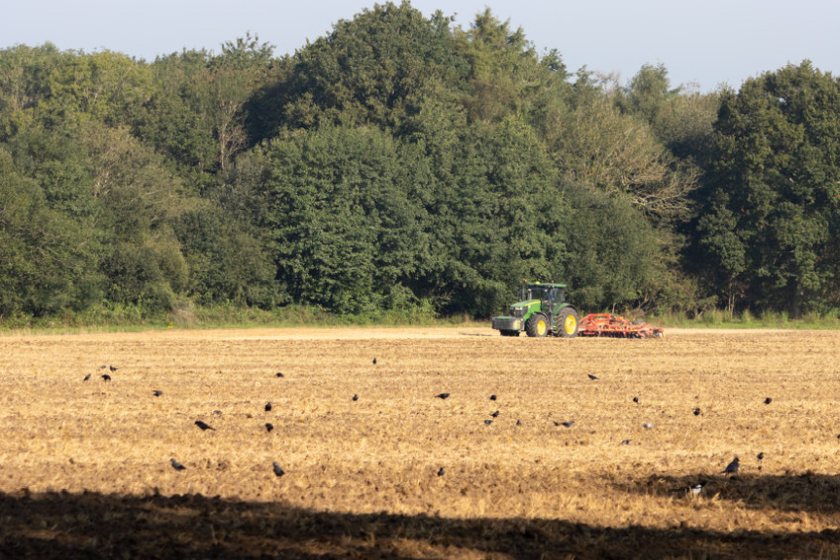
Financial advisers have welcomed tax cuts in today's spring statement, but the Chancellor has been criticised for not going further to help farmers with surging costs.
While inflation is expected to average 7.4% this year, farmers are continuing to struggle with rising prices in fuel, energy, fertiliser and other materials they need to keep their businesses running.
In today's spring statement, Rishi Sunak announced a cut in fuel duty from 57.95p per litre to 52.95p per litre for 12 months, with VAT charged at 20% on top, so petrol and white diesel are still double taxed.
The Chancellor said ‘where practical’ a proportionate cut will also apply to duty on red diesel, which is expected to reduce it by just under a penny per litre.
However, the price of red diesel is roughly double what it was this time last year, impacting food production at a crucial time for farming.
Responding to the fuel duty, Sean McCann, chartered financial planner at NFU Mutual, said: “The Chancellor had to do something to reduce the impact of soaring fuel prices.
"Cutting fuel duty was always on the cards but the reality is a 5p cut is unlikely to make a material difference with prices so high."
Mr Sunak also raised the thresholds for employees and the self-employed national insurance by almost £3,000.
All workers will benefit from this threshold increase, which will cost the government £25.9 billion over the next five years.
Mr McCann said this would make a real difference to low earners: “Raising the thresholds... goes some way to mitigating the impact of the 1.25 percentage point rise coming in April."
However, he said it was 'disappointing' that the Chancellor didn't go further and delay the hike in national insurance.
"[This] will still hit employees and farm businesses hard at a time when costs for fuel, energy, and fertiliser are all spiralling," he explained.
“The threshold at which employers begin paying national insurance remains frozen with increased employers’ national insurance contributions due to take effect from April.
"Employees and employers can reduce the impact of the 1.25% increase by making a pension contribution though a salary sacrifice arrangement.”
The Chancellor announced that he would cut the basic rate of Income Tax from 20% to 19% in 2024, a move welcomed.
He also said that VAT would be abolished for five years on energy efficiency measures such as solar panels, wind turbines, and heat pumps.
